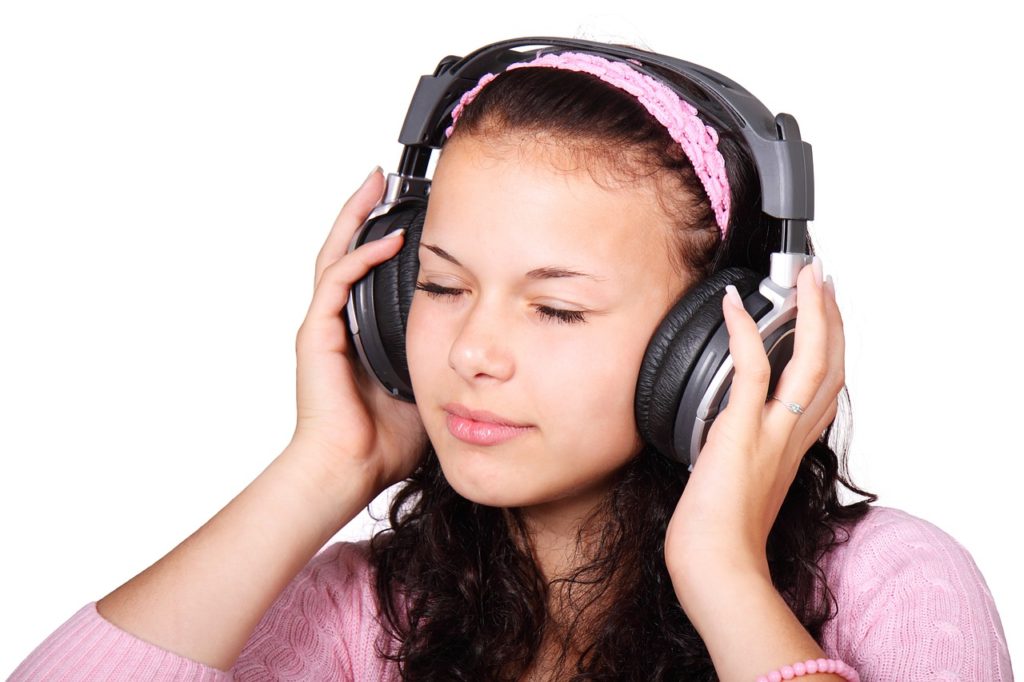
The interventions for ADHD that are most often discussed are medication, cognitive behavioral therapy, coaching, support groups, and/or changes in the home, work, or school environments. Other tools can include exercise, meditation, a healthy diet, and good sleep. Those with ADHD probably use a combination of these to manage their symptoms. One intervention that is not typically highlighted is music therapy.
How can music help those with ADHD? Over the past several years, studies have shown that people who were musically trained tend to do better as a group on tests of memory, attention, and executive functioning, compared to those who were untrained. For example, a 2014 study involving brain imaging shows that musical training is linked with improved executive functioning in kids and adults. This is important because those with ADHD often experience problems with attention and executive function. Music strengthens the auditory, visual/spatial, and motor cortices of the brain. These areas are tied to speech and language skills, reading, reading comprehension, math, problem-solving, brain organization, focus, and attention challenges.
Another study conducted in 2011 study by Valerie Salimpoor and colleagues shows that music raises dopamine levels, which might account for the sense of pleasure and increased arousal we feel when listening to music. This is also significant because ADHD sufferers typically have low levels of dopamine. Stimulants are often administered as part of ADHD therapy because they are thought to increase the levels of dopamine. A third study, from Florida International University, showed that some kids with ADHD benefit by listening to music while doing their homework.
This research suggests that music could benefit someone with ADHD, given that it is both enjoyable (resulting in increased dopamine levels) and might improve multi-tasking, adherence to structure, collaboration, auditory processing, and self-confidence. The experience of music can be enhanced by sharing it with others, adding a social interaction benefit.
For specific tasks, such as studying for a test or doing homework, over at ADDitude magazine suggests that not just any music will do. You need to be selective. She has some specific recommendations for parents who want to use music to help their ADHD kids with school related tasks.



Lena Sheffield
Be careful using the term music therapy so loosely. Music Therapist are registered with advanced degree. As a licensed mental health counselor I may use music as. Self care tool and even like you wrote to help calm or stimulate arousal but I cannot call it “music therapy”.